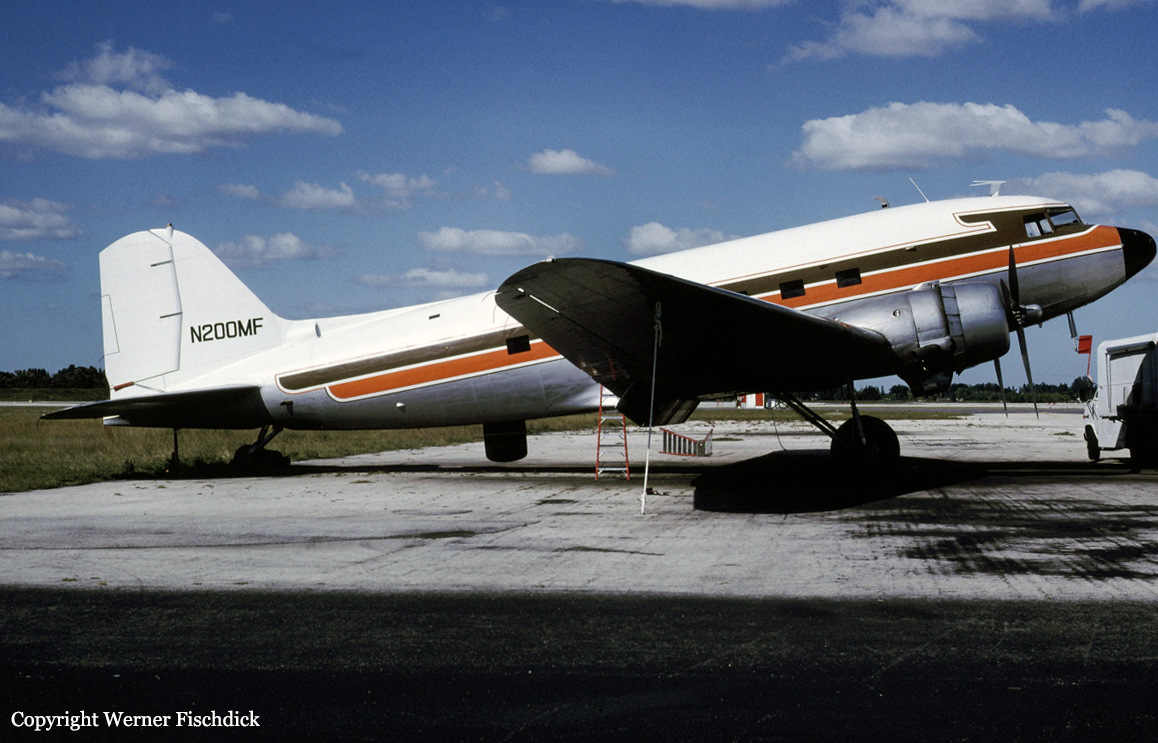Crash of a Douglas C-47A-45-DL in George Town
Date & Time:
Feb 3, 1998 at 1200 LT
Registration:
N200MF
Survivors:
Yes
Schedule:
George Town – Cap Haïtien
MSN:
9990
YOM:
1943
Crew on board:
3
Crew fatalities:
Pax on board:
24
Pax fatalities:
Other fatalities:
Total fatalities:
0
Circumstances:
On February 3, 1998 at about 1200 eastern standard time, a Douglas DC3C, N200MF, registered to Missionary Flights International, as a 14 CFR Part 91 passenger flight experienced a total loss of engine power on both engines and made a forced landing 1 mile from the Greater Exuma Airport, Moss Town, Bahamas. Visual meteorological conditions prevailed and an IFR flight plan was filed. The airplane sustained substantial damage. The airline transport pilot-in-command (PIC), commercial pilot first officer, and 24 passengers reported no injuries. The flight originated from Moss Town about 1 hour 52 minutes before the accident.



